The life of Thomas Edison
Thomas Alva Edison, a name synonymous with innovation, embarked on a journey that changed the world. Known as the ‘Wizard of Menlo Park,’ Edison was not just an inventor but a pioneer whose work laid the foundation for modern technology. Born in the 19th century, his inventions and entrepreneurial spirit have left an indelible mark on history, influencing everything from electric lighting to sound recording. Edison’s story is one of perseverance, creativity, and brilliance.
Early Life: The Birth of a Genius
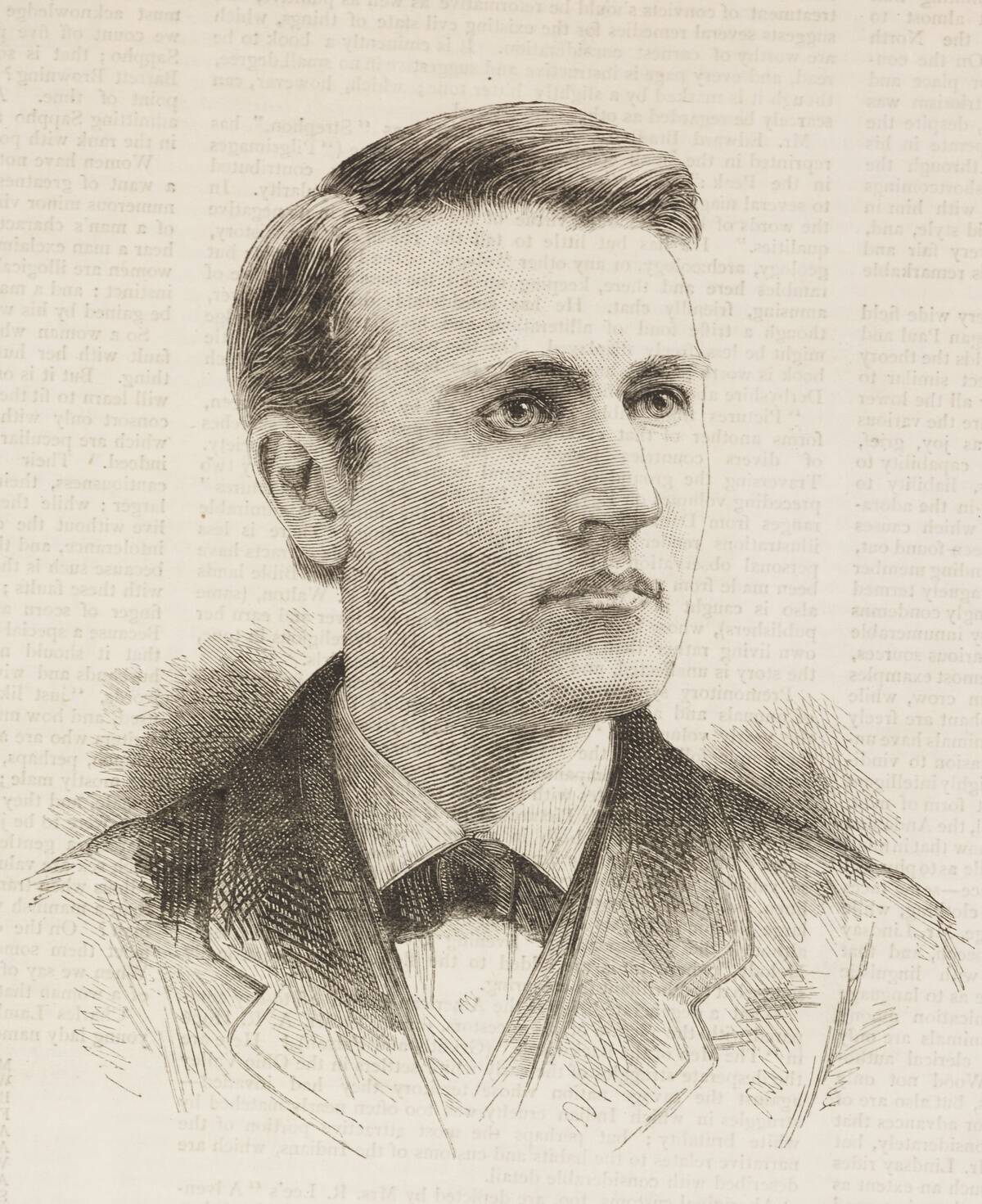
Edison was born on February 11, 1847, in Milan, Ohio, to a Canadian father and a schoolteacher mother. His early years were marked by curiosity and experimentation, setting the stage for his future endeavors. Despite a modest upbringing, his family nurtured his inquisitive nature. Edison’s early environment was rich in opportunity for exploration, even if it was occasionally met with skepticism by those around him. His formative years were crucial in shaping the inventor he was to become.
Childhood Curiosities and First Experiments
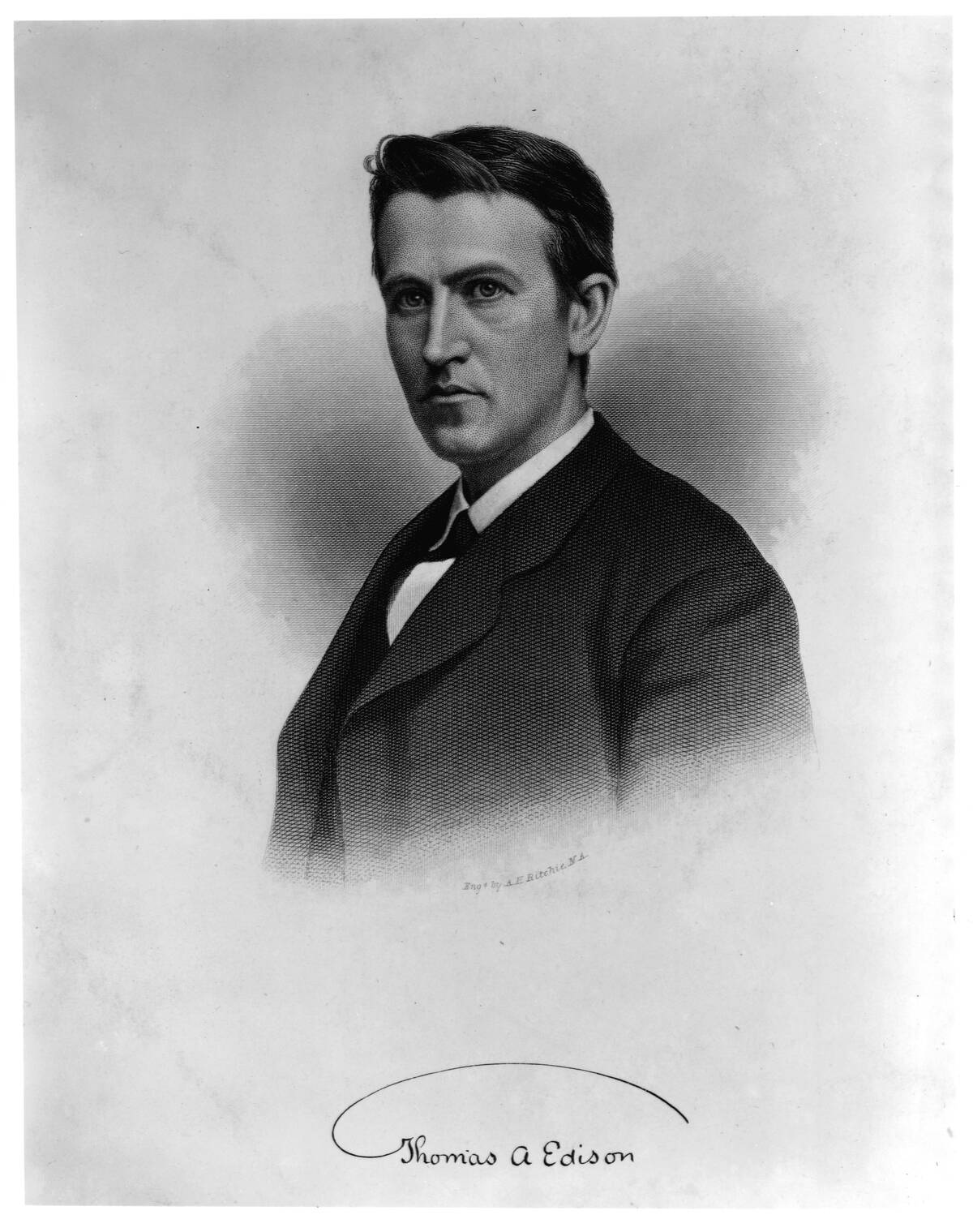
From a young age, Edison displayed an insatiable curiosity, often conducting experiments at home. One misadventure involved a chemical laboratory set up in the family’s basement, which nearly resulted in a fire. His interest in the workings of the world around him was profound. Encouraged by his mother, Edison delved into science books, leading to his first foray into telegraphy. These early experiments fueled his passion for discovery and innovation.
Education: A Dropout with a Thirst for Knowledge
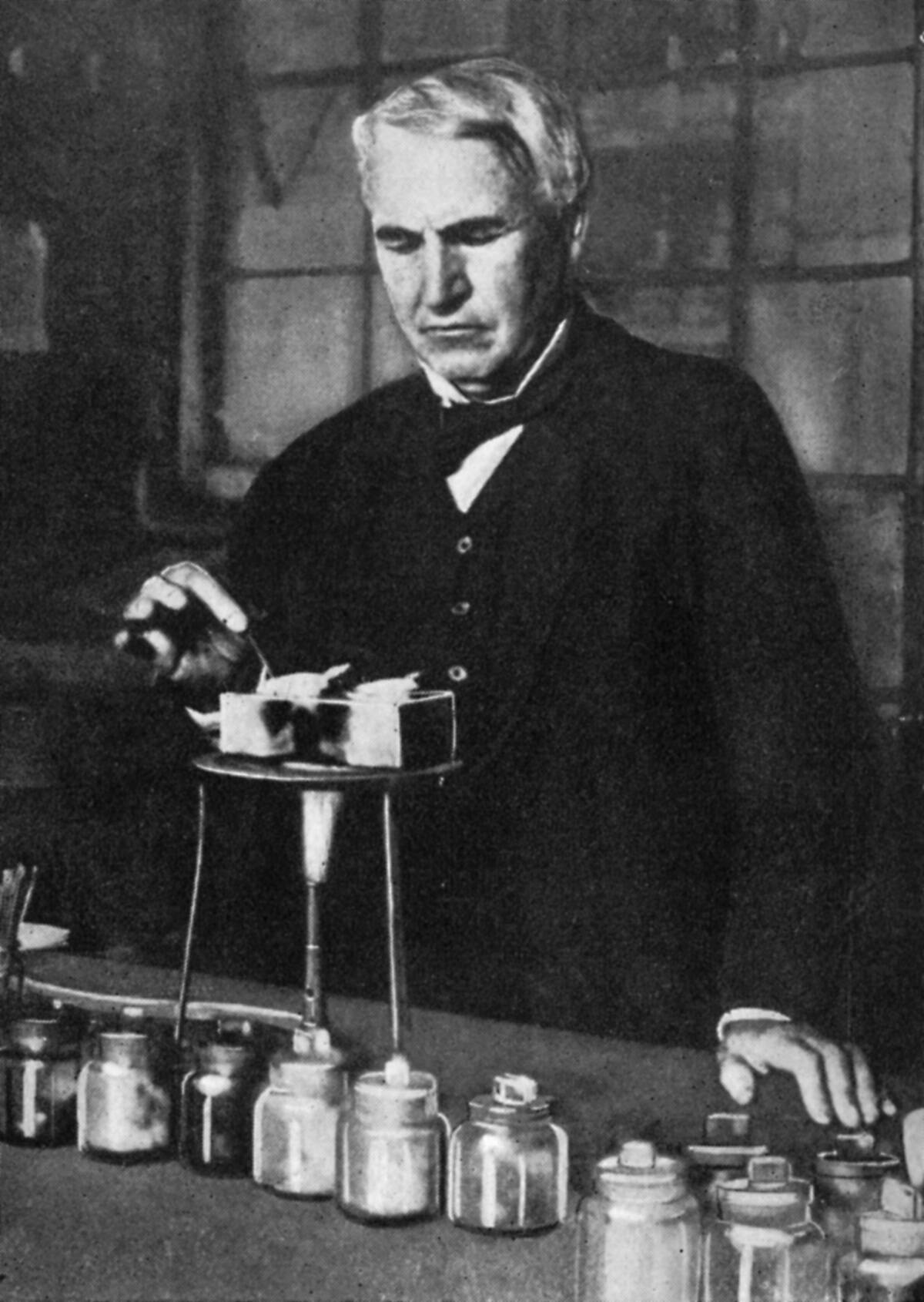
Edison’s formal education was brief; he attended school for only a few months. A teacher deemed him “addled,” prompting his mother to homeschool him instead. This unconventional education allowed Edison to learn at his own pace, focusing on subjects that piqued his interest. His self-directed learning fostered a love for reading and experimenting, laying the groundwork for his future as an inventor. Edison’s story is a testament to the power of curiosity over formal education.
First Jobs: From Telegraph Operator to Inventor
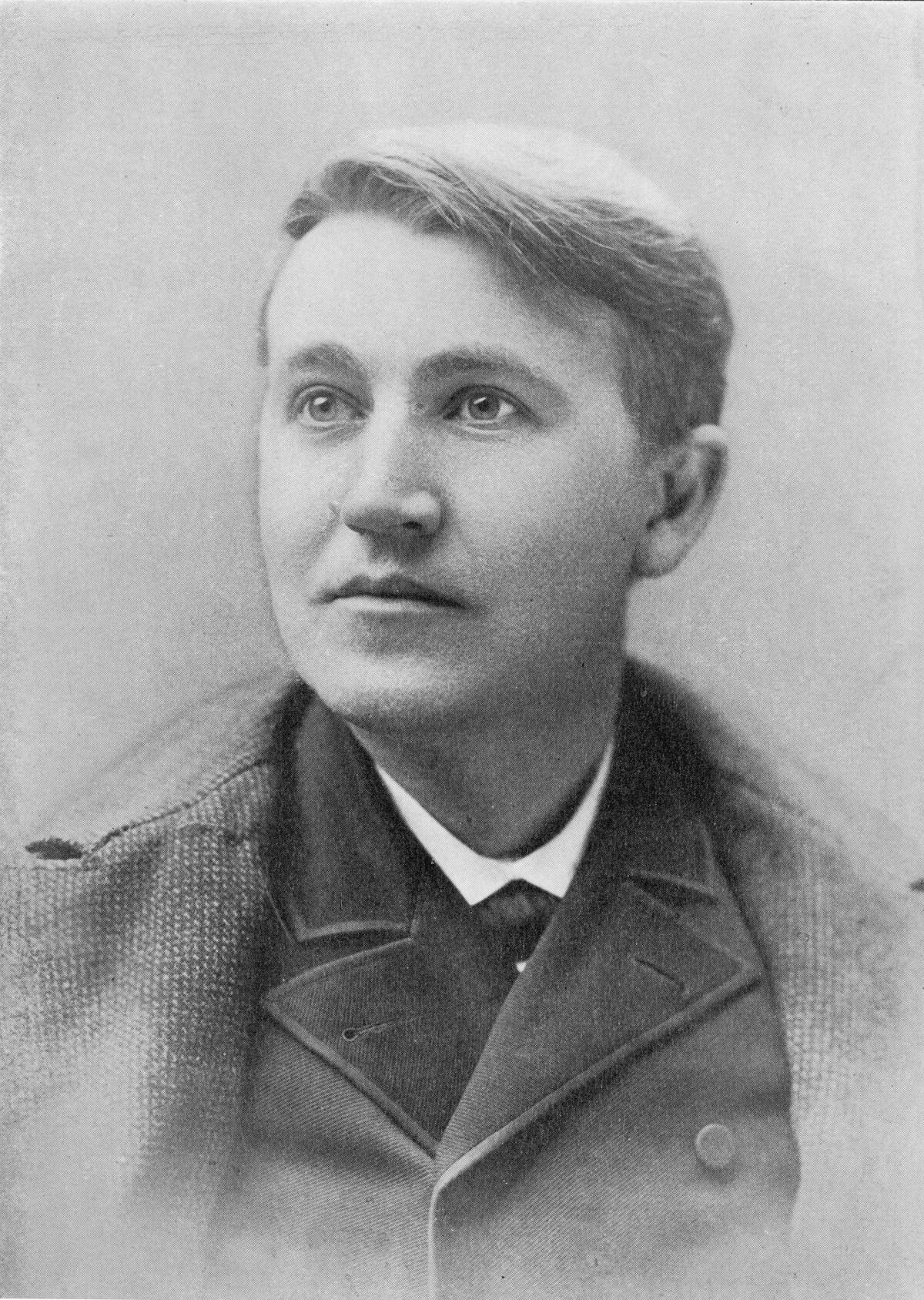
Edison’s career began as a telegraph operator, a job that honed his technical skills and introduced him to the world of communication. His work required precision and innovation, traits that would define his later inventions. During this time, Edison created his first patented invention: an electric vote recorder. Though not commercially successful, it marked the beginning of his prolific career in invention. These early experiences were critical in shaping Edison’s professional journey.
The Birth of a Prolific Inventor: Edison’s Early Creations
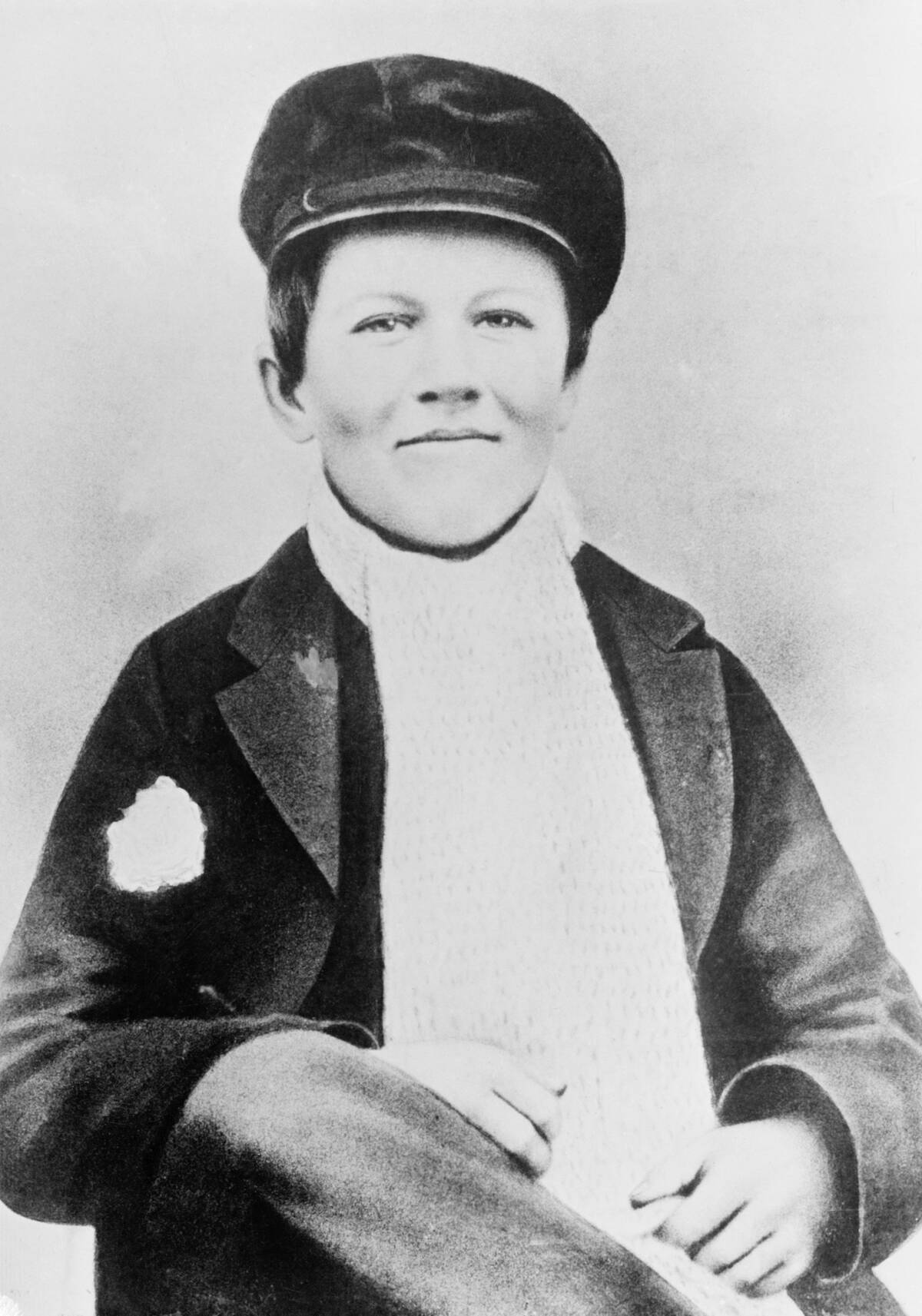
Edison’s early inventions were diverse, ranging from an improved stock ticker to the phonograph, which recorded sound for the first time. The phonograph, in particular, captivated the public’s imagination and cemented Edison’s reputation as a genius inventor. His ability to transform ideas into tangible products was remarkable. Edison’s work during this period showcased his talent for identifying problems and devising solutions, setting the stage for his later, more famous inventions.
The Menlo Park Laboratory: Where Magic Happened
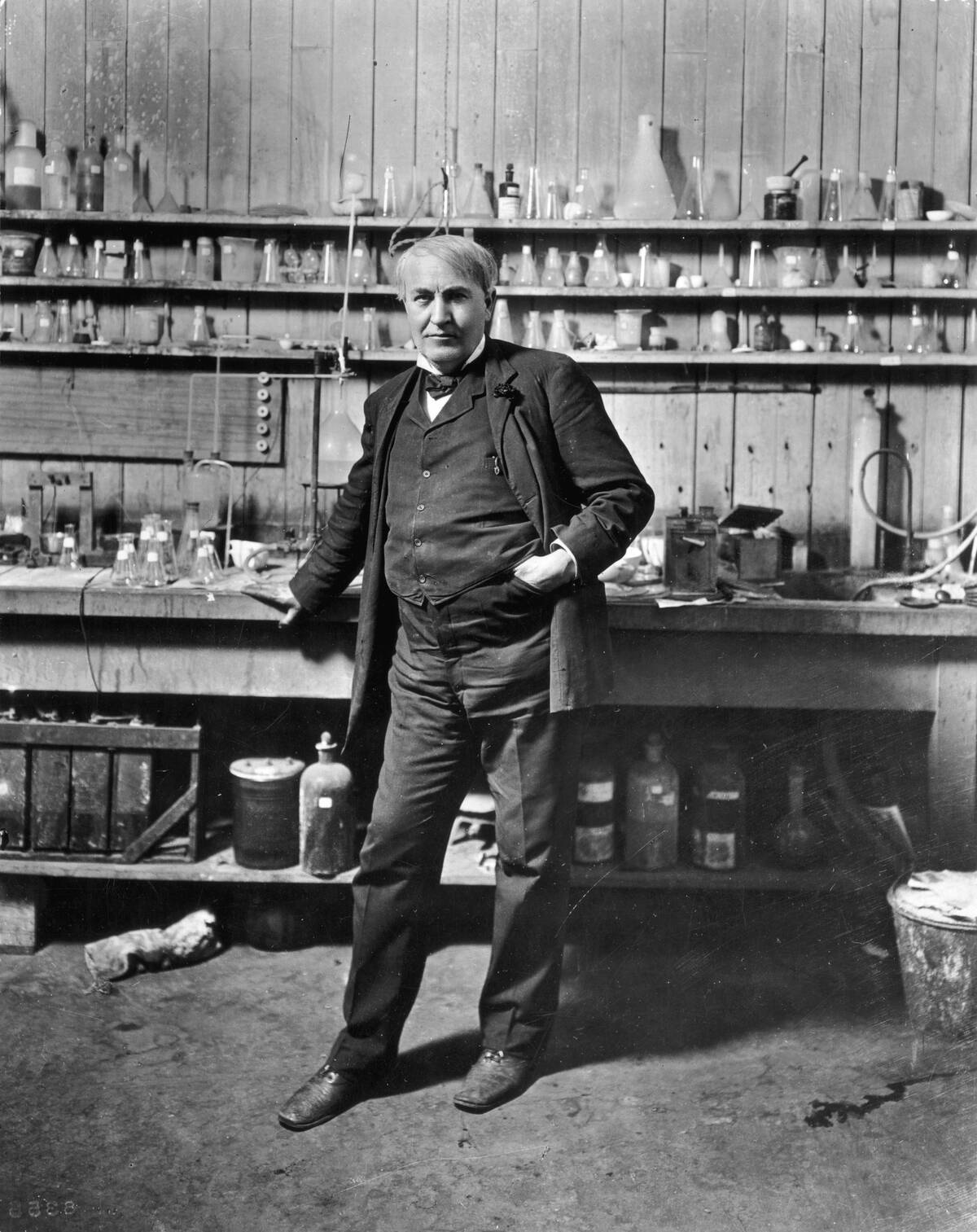
In 1876, Edison established his lab in Menlo Park, New Jersey, which became a hub of innovation and creativity. This was where he developed many of his groundbreaking inventions, including the carbon microphone and the light bulb. The lab was a hive of activity, with Edison and his team working tirelessly on experiments. It was here that Edison truly earned his nickname, ‘The Wizard of Menlo Park,’ as his lab became the world’s first industrial research facility.
Lighting Up the World: The Invention of the Electric Light Bulb
![[redacted] Exhibits First Successful Incandescent Lamp](https://media.tellmebest.com/wp-content/uploads/2023/01/thomas-edison-exhibits-first-successful-incandescent-lamp.-24215.jpeg)
Edison’s invention of the electric light bulb in 1879 revolutionized the world, transforming how people lived and worked. His version of the bulb used a carbon filament and was practical for everyday use. The invention wasn’t just about creating light; it was about making it accessible and affordable. Edison’s work on the light bulb also paved the way for the development of the power grid, fundamentally altering the infrastructure of modern society.
Edison vs. Tesla: The Famous Rivalry
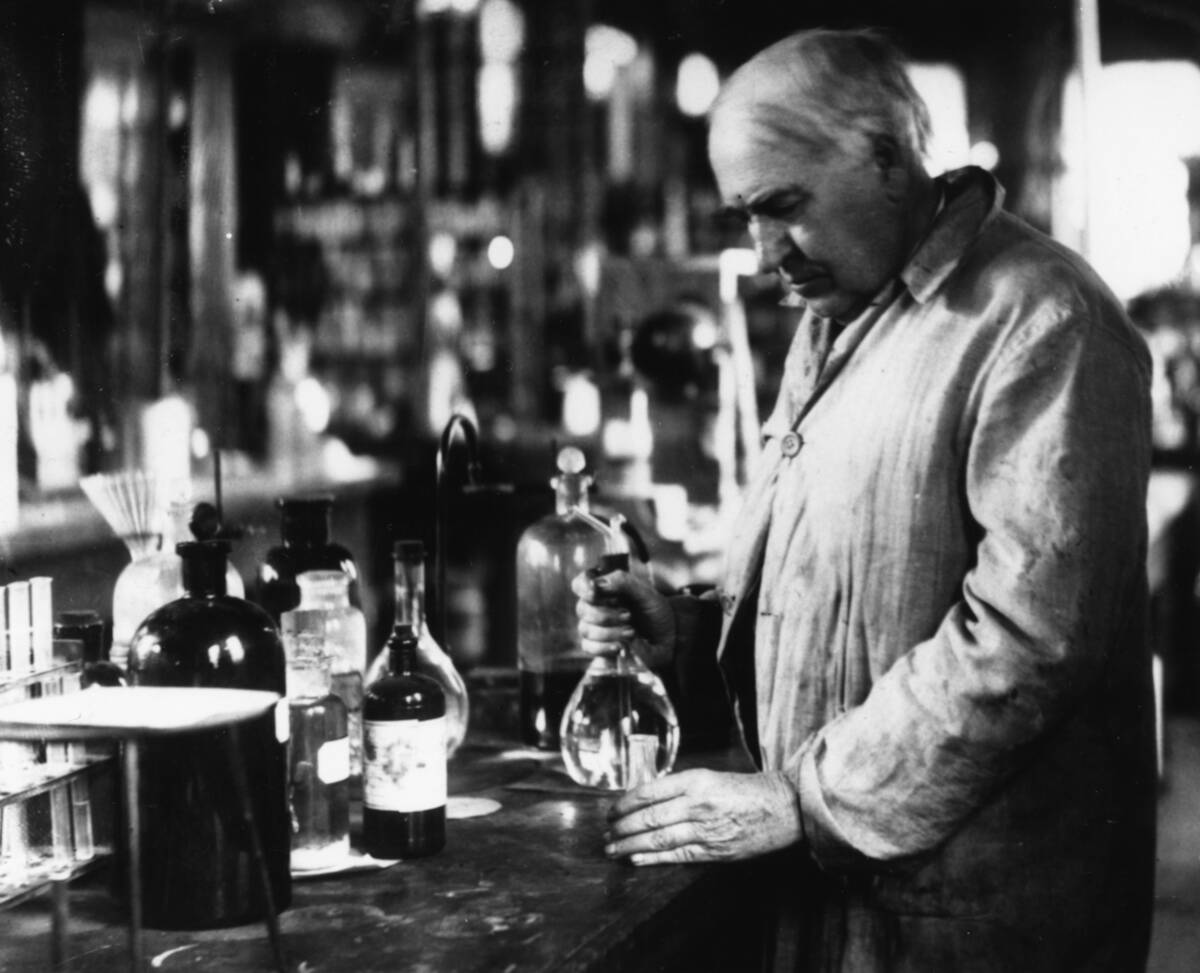
The rivalry between Edison and Nikola Tesla is legendary, centered around the ‘War of Currents.’ Edison championed direct current (DC), while Tesla and his partner, George Westinghouse, promoted alternating current (AC). This technological battle had significant implications for the future of electricity distribution. Despite the rivalry, both men’s contributions were invaluable, though ultimately, AC became the standard. The competition between Edison and Tesla remains a fascinating chapter in the history of innovation.
Beyond the Bulb: Edison’s Other Noteworthy Inventions
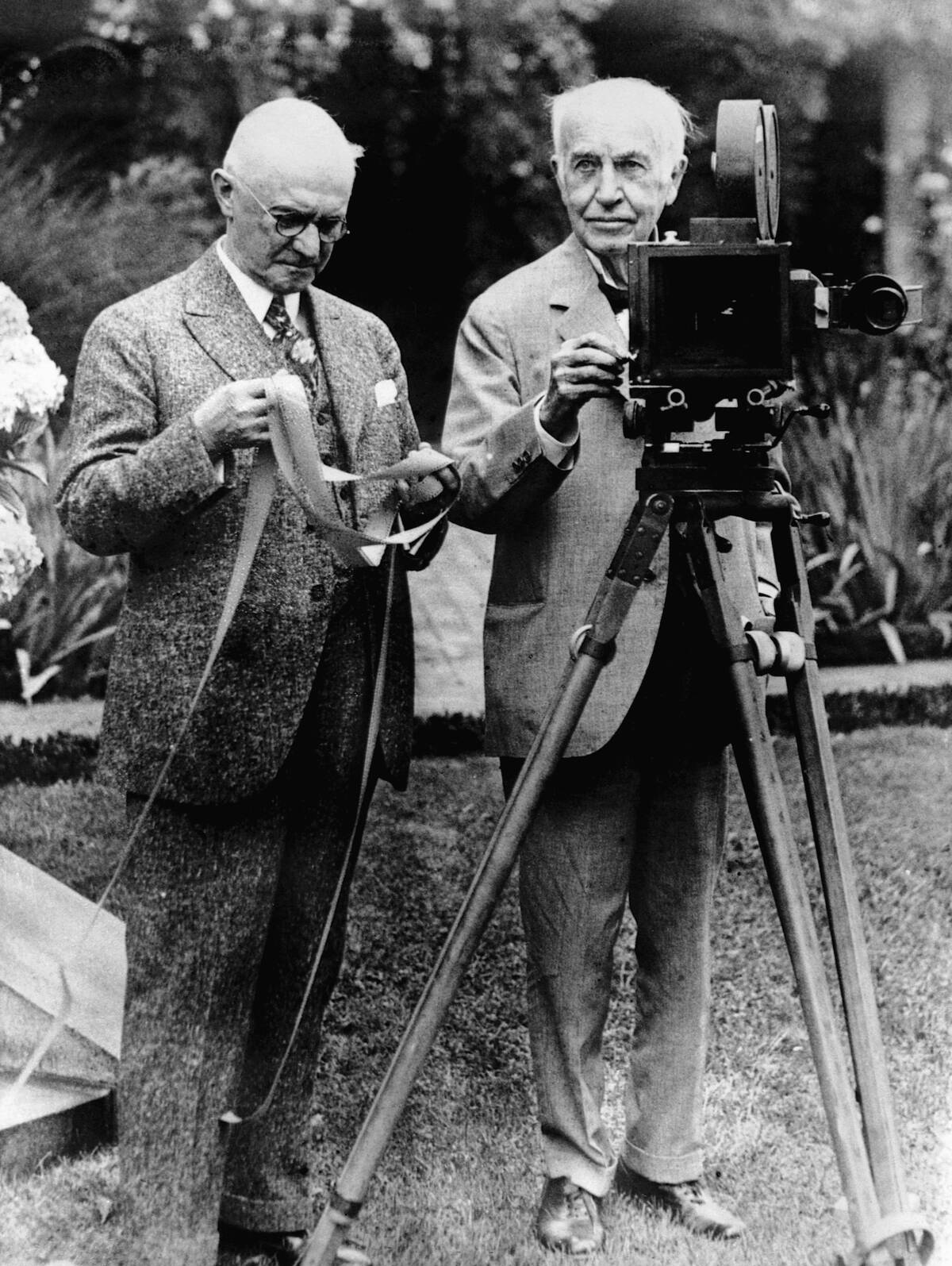
Though known for the light bulb, Edison held over 1,000 patents, including the phonograph and the motion picture camera. The motion picture technology he developed laid the groundwork for the film industry. His inventions extended to improvements in telegraphy and the creation of the alkaline storage battery. Edison’s prolific output showcased his ability to innovate across various fields, demonstrating that his genius extended far beyond just one or two famous creations.
The Businessman: Edison’s Ventures and Enterprises
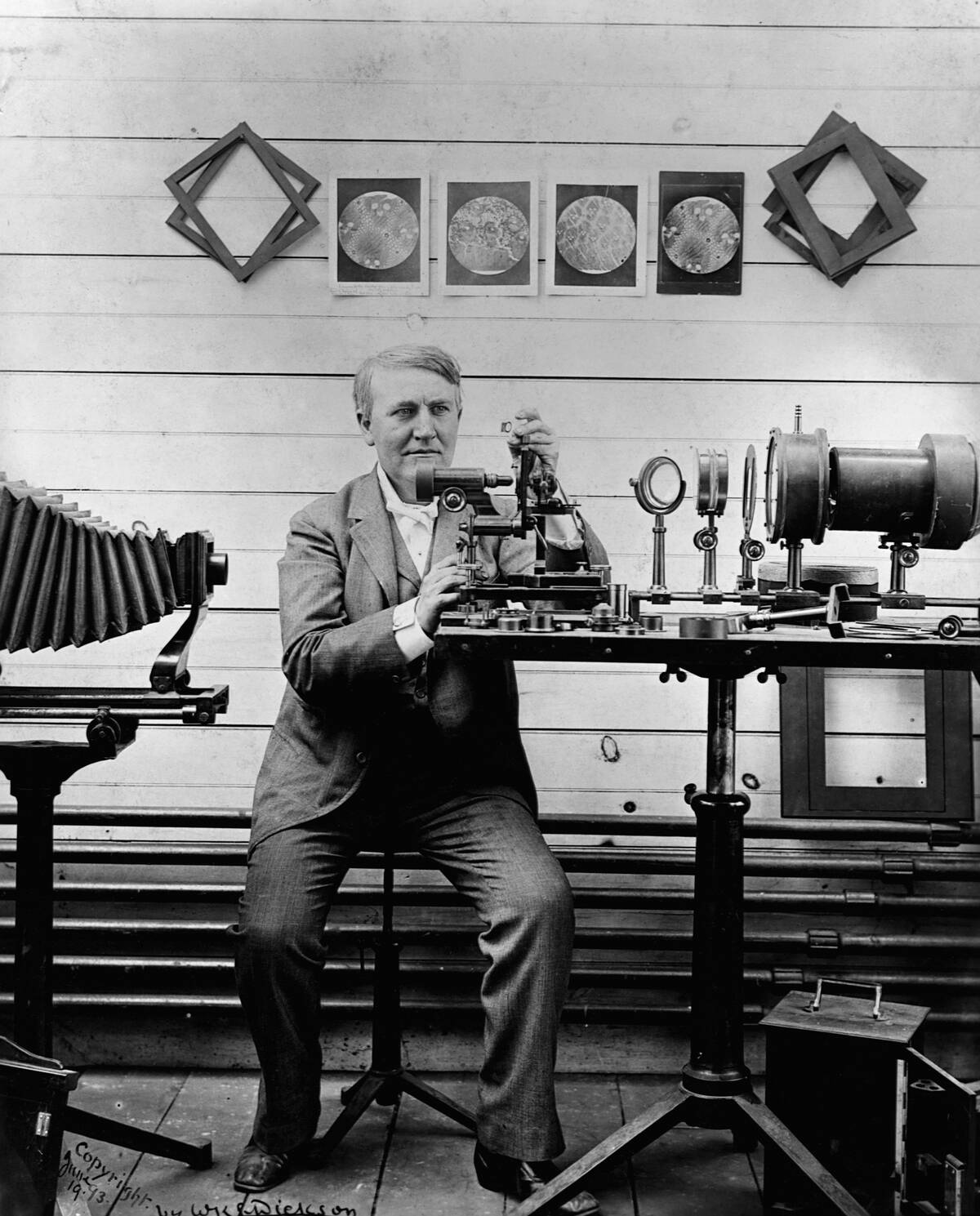
Edison was not only an inventor but also a shrewd businessman. He founded several companies, including General Electric, which remains one of the largest corporations in the world today. His business ventures were integral to his ability to bring his inventions to market. Edison’s entrepreneurial spirit was as important as his inventive genius, enabling him to transform his ideas into successful commercial products and shape the landscape of modern industry.
Edison’s Personal Life: Family, Friendships, and Fun Facts
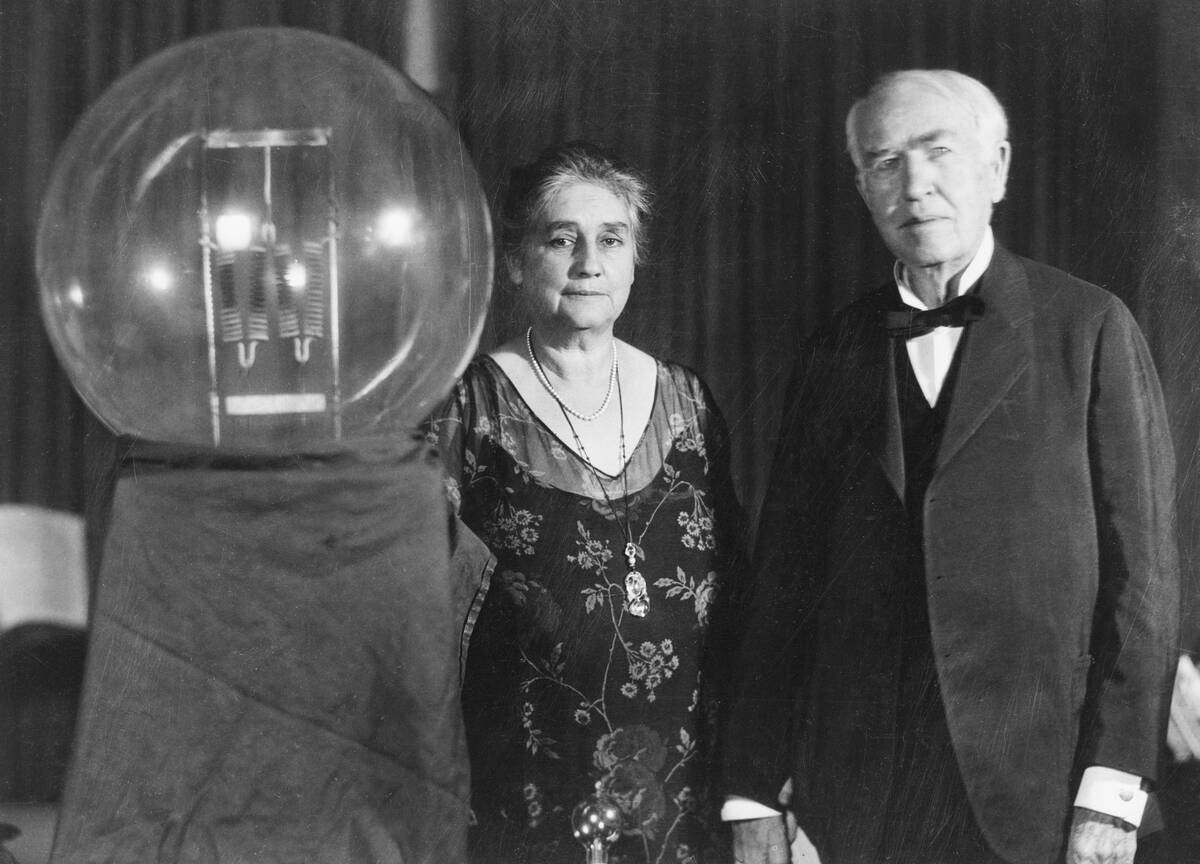
Edison’s personal life was as intriguing as his professional one. He married twice and had six children, some of whom followed in his inventive footsteps. Known for his eccentric habits, Edison often worked long hours, claiming he only needed four hours of sleep. He was also a fan of Morse code, using it to communicate with his wife. These personal details add depth to the image of Edison as not just an inventor, but a man with a multifaceted life.
Challenges and Controversies: Edison’s Setbacks and Criticisms
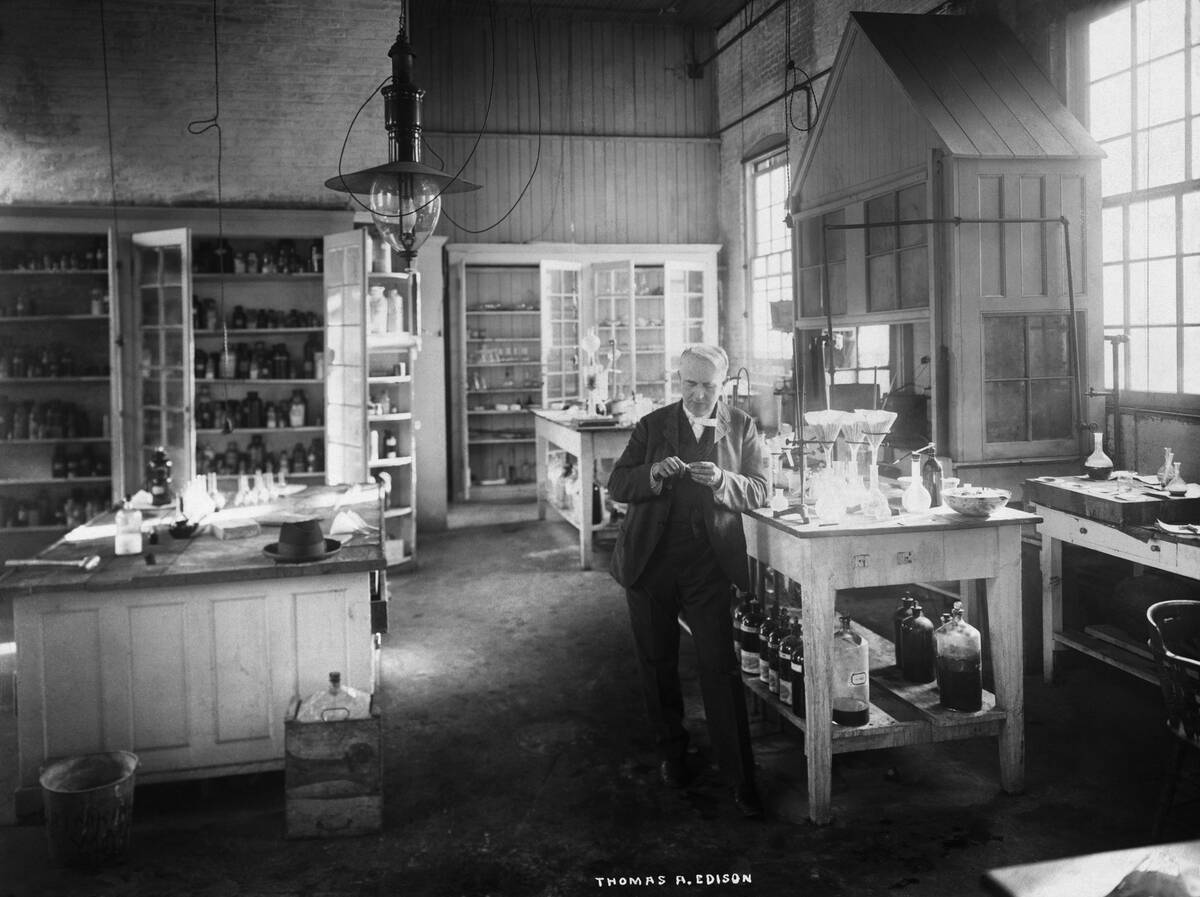
Despite his success, Edison faced numerous challenges and controversies. He was criticized for his business practices and accused of taking credit for others’ work. The ‘War of Currents’ with Tesla highlighted some of these issues, as did his patent disputes. Edison’s relentless drive sometimes led to strained relationships with collaborators. Nonetheless, these controversies did not overshadow his achievements, though they did paint a more complex picture of the inventor.
Patents Galore: A Testament to Edison’s Inventive Mind
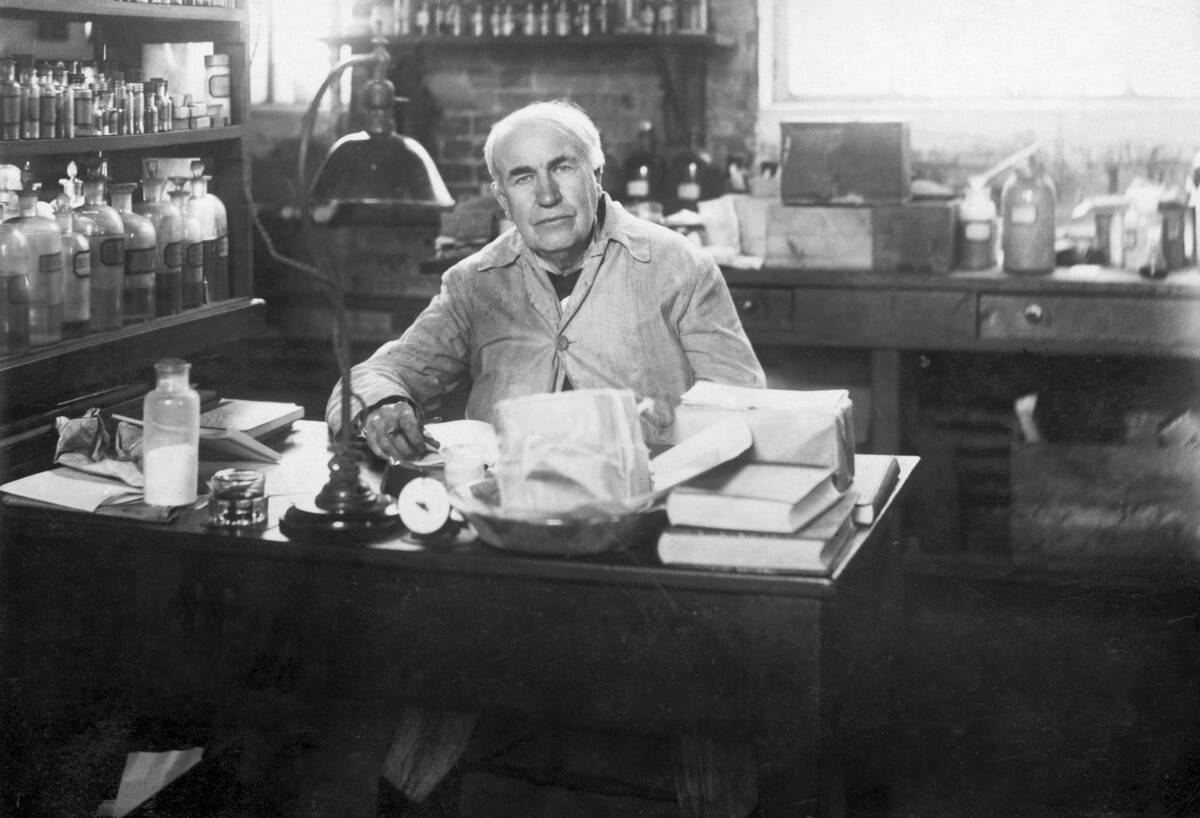
Edison’s prolific patent record is a testament to his inventive mind, with 1,093 patents granted in his name. This extraordinary number reflects the breadth of his work, covering everything from electrical systems to chemical processes. His ability to conceptualize and protect his inventions was unparalleled. Edison’s patents not only secured his place in history but also provided a framework for modern intellectual property laws, influencing how innovations are protected today.
The Legacy of Thomas Edison: Impact on Modern Technology
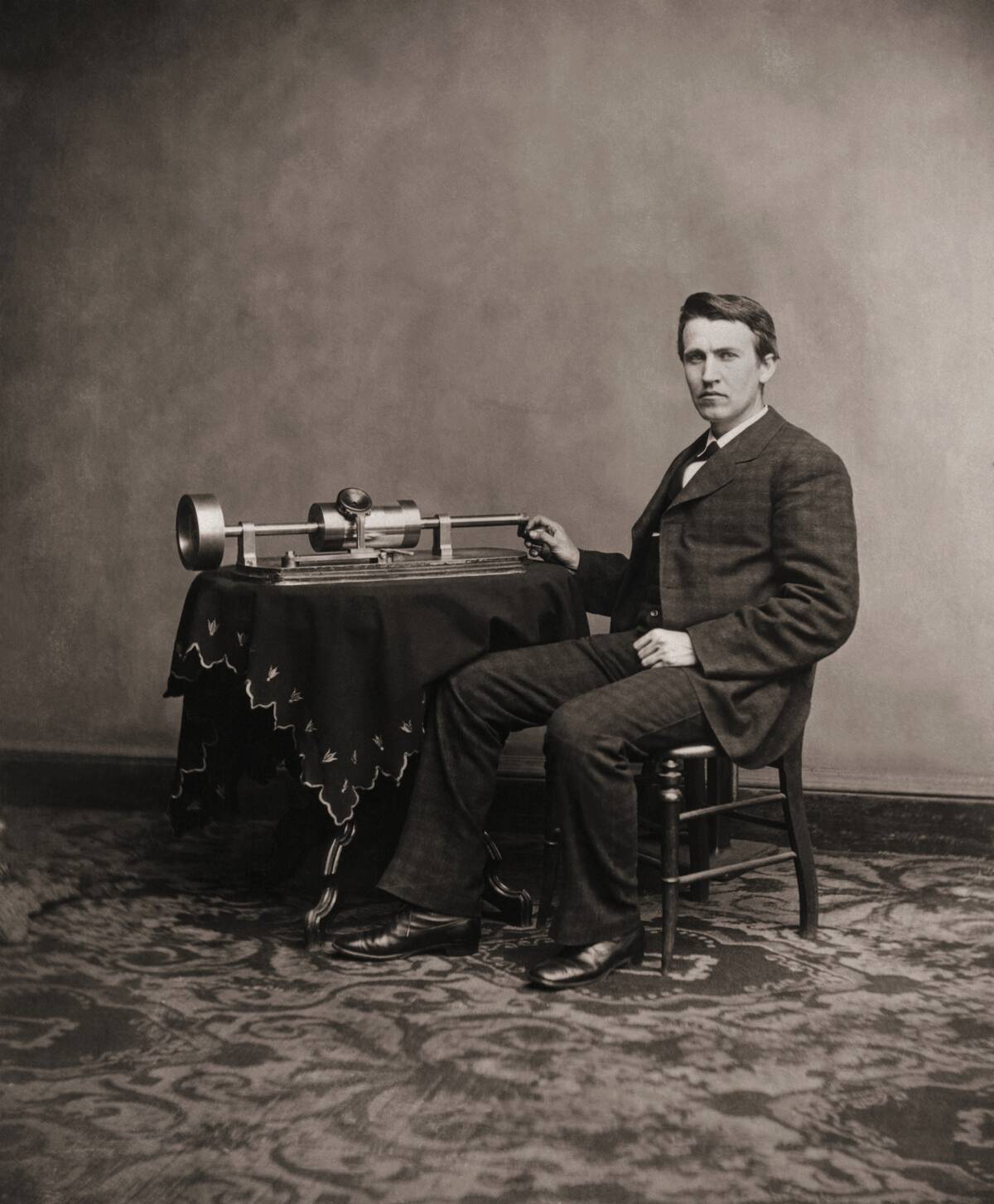
Edison’s legacy is felt in countless aspects of modern technology. His inventions laid the groundwork for industries ranging from electrical engineering to entertainment. The power systems he developed are still in use, and his contributions to sound and motion pictures have shaped media as we know it. Edison’s impact extends beyond his inventions, as his approach to research and development set a standard for future innovators. His influence is truly enduring.
Edison in Popular Culture: Movies, Books, and More
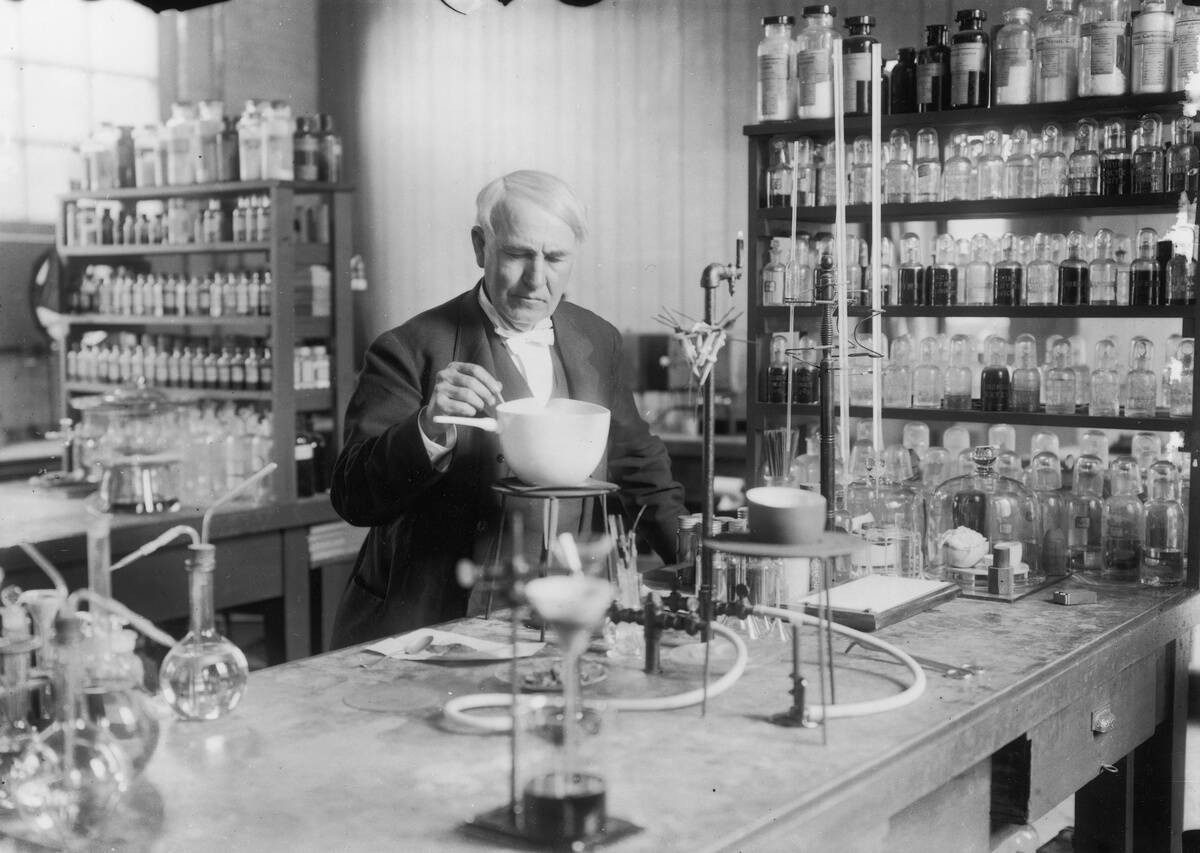
Edison’s life and work have been depicted in numerous films, books, and documentaries, highlighting his role as a cultural icon. Movies like ‘The Current War’ dramatize his rivalry with Tesla, while countless biographies explore his genius and complexity. His story continues to inspire and captivate audiences, reflecting the lasting fascination with his achievements. Edison’s presence in popular culture underscores his status as one of history’s most influential inventors.
The Edison Effect: Inspiring Future Generations
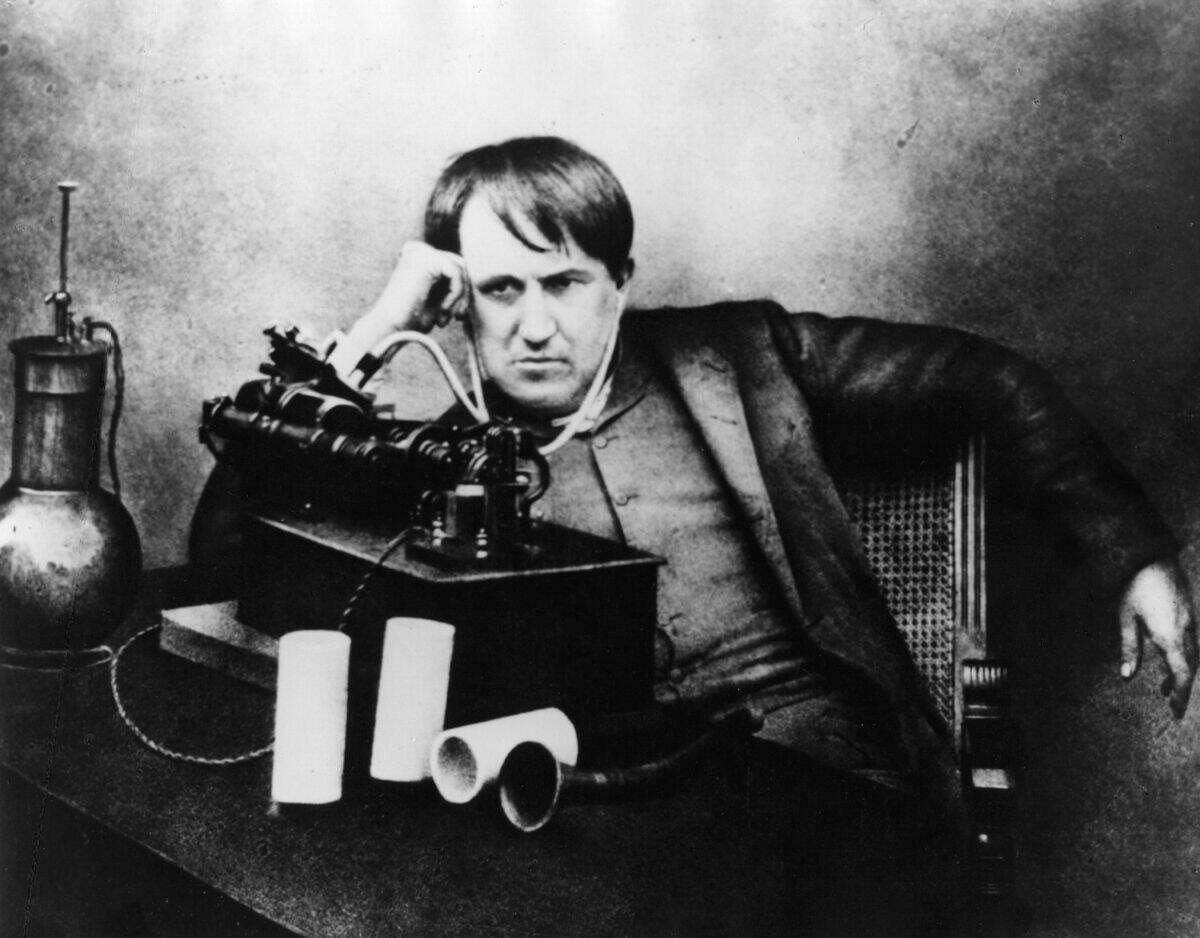
Edison’s story is a source of inspiration for budding inventors and entrepreneurs. His determination and creativity encourage individuals to pursue their passions and innovate. Educational programs and competitions often highlight Edison as a role model, demonstrating the impact one person can have on the world. His legacy serves as a reminder that with curiosity and perseverance, great things can be achieved. Edison’s influence continues to inspire future generations to dream big.
The Later Years: Edison’s Continued Pursuits and Passions
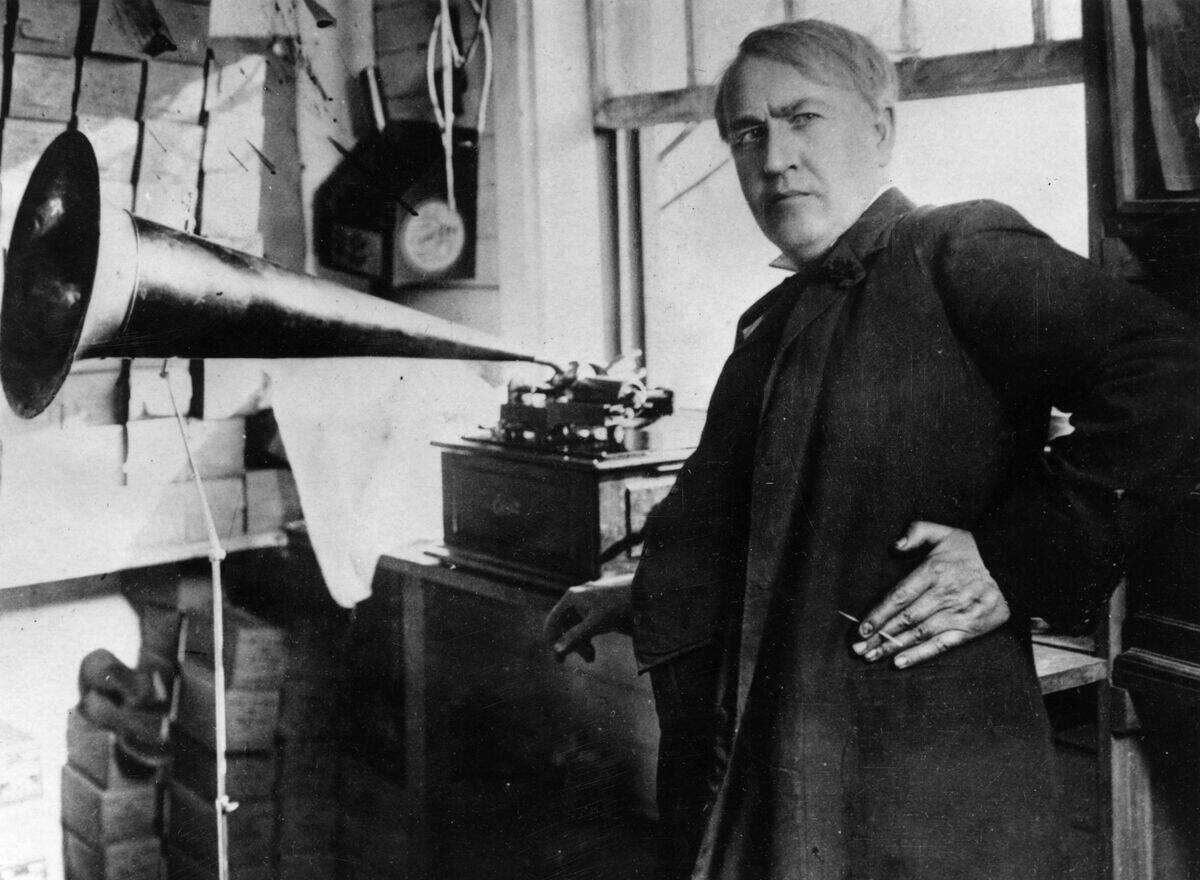
In his later years, Edison continued to pursue new projects, focusing on areas like mining and synthetic materials. Though not all were successful, his relentless curiosity never waned. Edison also became more involved in promoting education, reflecting his belief in the power of knowledge. Even as he aged, his passion for innovation persisted, showcasing his lifelong commitment to discovery. Edison’s later pursuits illustrate that his inventive spirit remained vibrant until the end.
Fun Facts About Thomas Edison You Might Not Know
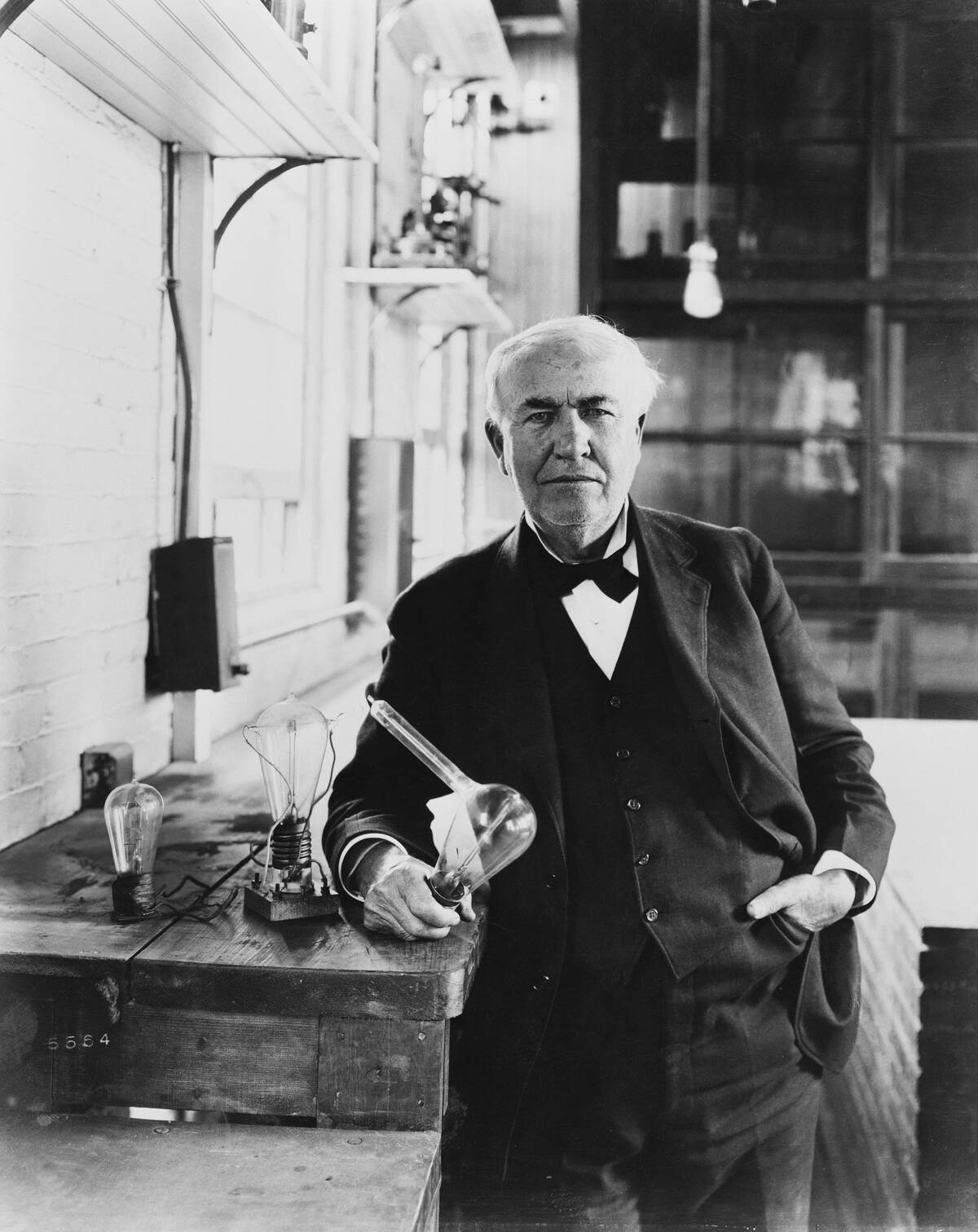
Did you know that Edison was nearly deaf? This condition, which he referred to as a “blessing,” allowed him to focus more intently on his work. He also had a penchant for practical jokes, often playing them on his colleagues. Despite his serious work, Edison enjoyed lighthearted moments. These fun facts offer a glimpse into the personality behind the genius. Edison’s quirks and humor add another layer to his fascinating character.
Edison’s Enduring Influence: Museums and Memorials
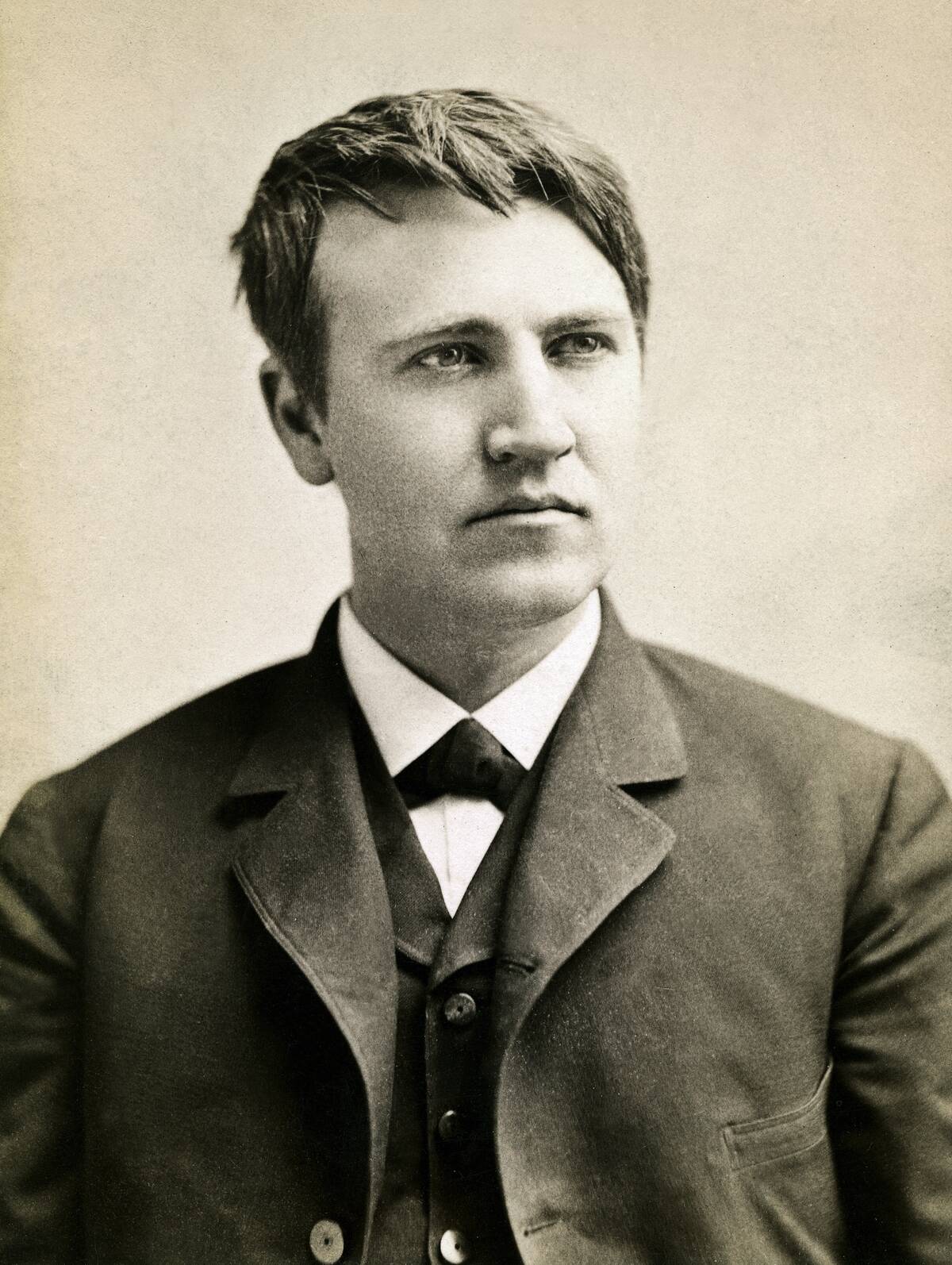
Edison’s legacy is preserved in numerous museums and memorials dedicated to his life and work. The Thomas Edison National Historical Park in New Jersey offers a look at his laboratory and home, while the Henry Ford Museum houses many of his inventions. These sites celebrate his contributions and educate the public about his impact on technology and society. Edison’s enduring influence is evident in these tributes, ensuring that his story continues to inspire future generations.



